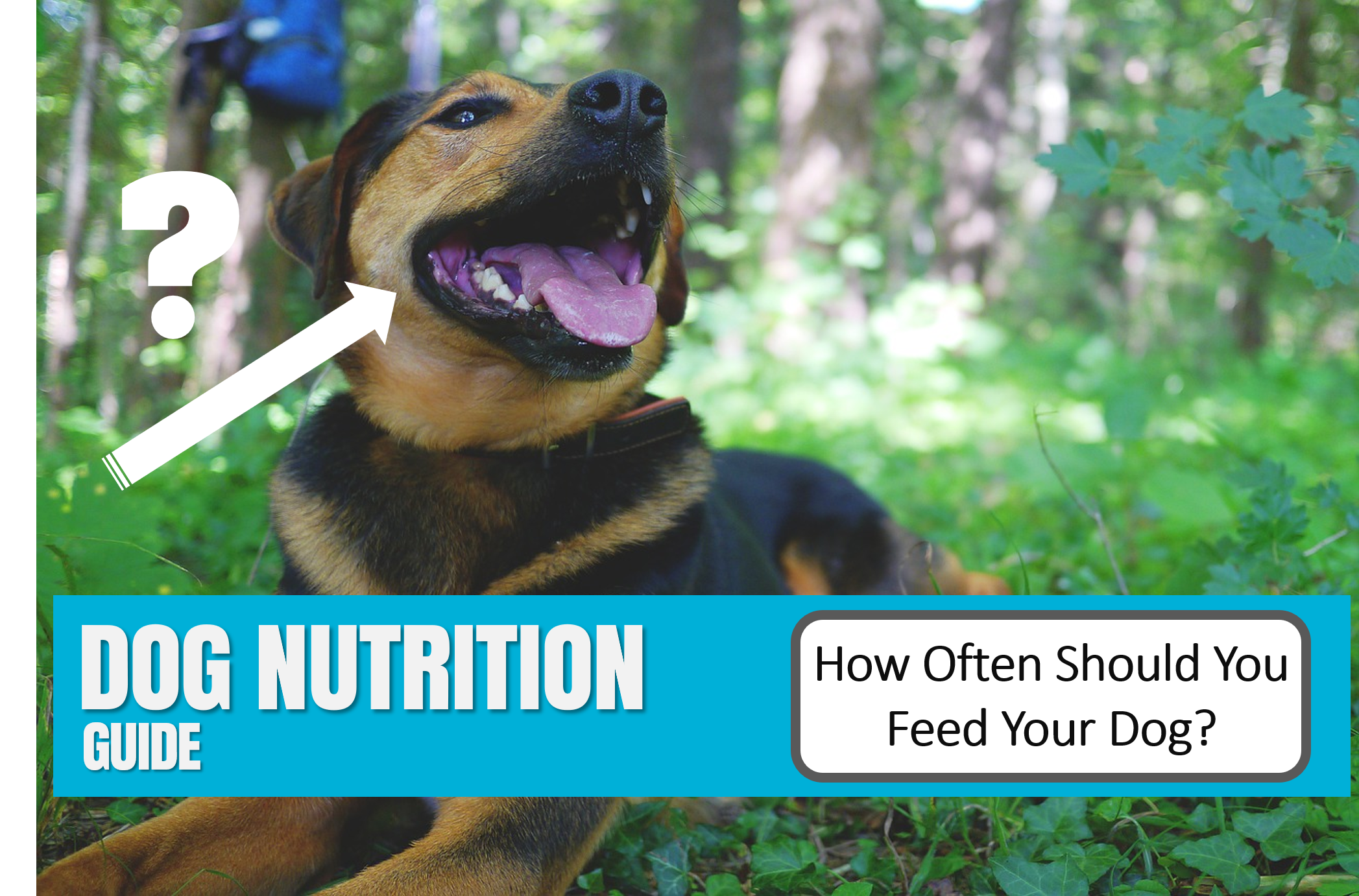Canine diabetes is on the rise, alarmingly so. Treatment options for dogs with diabetes are increasingly more effective as vets all over the world battle to contain this canine killer.
If your dog has been diagnosed with diabetes, early treatment by your veterinarian will help prevent further complications from this disease. Your pet may be saved from the painful experience of nerve damage as well as avoiding blindness. Conventional treatments will go a long way to keeping your dog healthy.
Insulin Injections For Diabetic Dogs
Depending upon your dog’s needs, insulin injections will be given one to two times daily. The amount of insulin used for each dose and how often these doses are given will depend upon your veterinarian. Some dogs will be able to take tablets instead of being given shots.
Insulin doses are typically given in smaller amounts at the start of treatment so that the blood sugar levels can slowly stabilize. Under extreme circumstances this may require your dog to be treated in the hospital for a few days. If his diabetes is more stable, then your dog may receive outpatient treatment.
During this period, your dog’s blood sugar will be monitored every hour in order to determine the exact dose of insulin he will need on a regular basis. Once the correct measurement of insulin has been reached, your veterinarian will instruct you to monitor your dog by testing his urine and/or blood.
Proper Diet for Dogs With Diabetes
With diabetes in dogs, there is nothing more important to increase your dog’s life expectancy than with a strict diet. In fact, it is so important to your dog to eat accordingly when he has this disease, that there is a chance that his diabetes can go into full remission just from the change of diet alone.
You should be feeding your diabetic dog meals that are high in fibre and low to moderate and carbohydrates. Now is the time to start cooking your dog’s meals from the home with meats and other raw ingredients.
Before you decide what to feed him, it would be wise to consult with a holistic veterinarian who has education on nutrition. Your goal should be to utilize food as “medication” so that hopefully one day your dog can stop taking “official” medication.


Leave a Reply